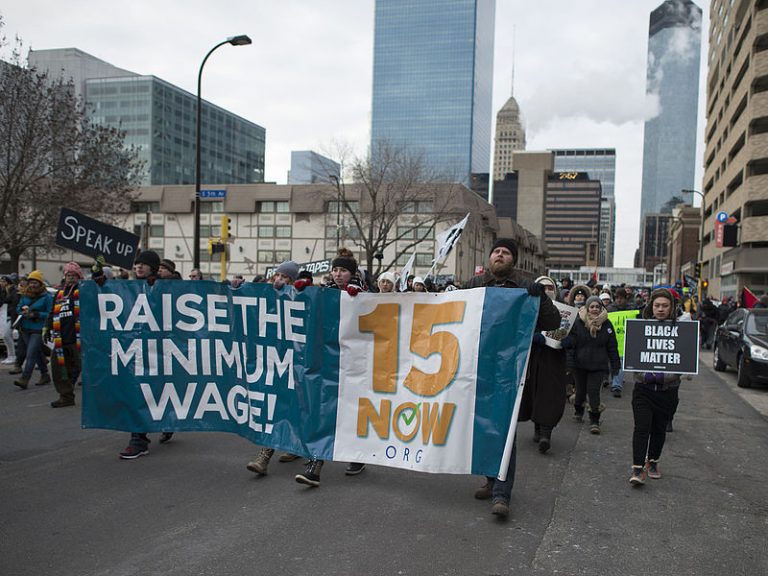Published on June 25, 2024

Written by Stefan Milne for UW News.
While social media platforms are rife with problems — from harassment to misinformation — many argue that the platforms also nurture political movements, such as the Arab Spring and #MeToo.
But in her new book “Log Off: Why Posting and Politics (Almost) Never Mix,” Katherine Cross, a University of Washington doctoral student in the Information School, argues that social media may not have much political value. Focused on movements on the political left, Cross looks at how platforms like X and Facebook might bring attention to political causes, yet they do little to cultivate lasting change. “The idea that tech is political,” Cross writes, “sometimes obscures the ways in which social media may be anti-political.”
UW News spoke with Cross about the book and why people simply logging off — spending less time on social media platforms — may be the best solution.
Your core argument is that social media platforms are fundamentally “anti-political.” Can you explain what you mean by that and why that is?
Katherine Cross: A wave of techno-optimism washed over us in the mid-to-late 2000s, which coincided with the rise of Web 2.0 and contemporary social media. These new platforms no longer siloed you in forums or chat rooms. Instead, you were suddenly able to sort of tap a digital microphone and speak to the whole world at once, with no barriers. That made crowdsourcing a reality. We started to see major, leaderless protests in Iran, in Central Asia, in Ukraine, in the nation of Georgia. We saw people going out onto the streets, organized in many ways by simply reading social media posts. It seemed almost like magic, like we had bypassed the old power networks and hierarchies of governments and big businesses and unions. This seemed to change the course of history when movements like the Arab Spring protests toppled governments.
But many of my own experiences in online activism made me begin asking what happens next. As I followed up on a lot of these protests, after the cameras went away, there seemed to be little durable change. Yes, governments fell. But the next generation of rulers that stepped in were the same sort of oligarchs as before. Does anyone really believe that Egypt’s current president is substantially ideologically different from Hosni Mubarak?
That’s the unfortunate story of a lot of these internet-fired movements. #MeToo is another example — the changes were considerably less durable than we had hoped. Time and again, people fixate on moments of individual justice, and they hope that those episodes stand in for collective, structural changes that are more significant and durable. The prosecution of Harvey Weinstein, for instance, was a doubtlessly an accomplishment of the #MeToo movement. Yet even that is being undone.
Crowdsourcing on social media gives the illusion of collective action and power, but it lacks the ability to direct the mass of people towards any kind of sustainable collective goal. You might be able to change one person, but you cannot actually change the world because crowdsourcing is not sustainable organization, and it cannot direct political power.
Continue reading here.
In her new book, “Log Off: Why Posting and Politics (Almost) Never Mix,” Katherine Cross, a UW doctoral student in the Information School, argues that social media may not have much political value. Does social media shape urban politics and policies?